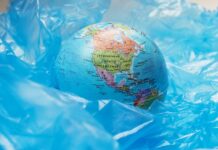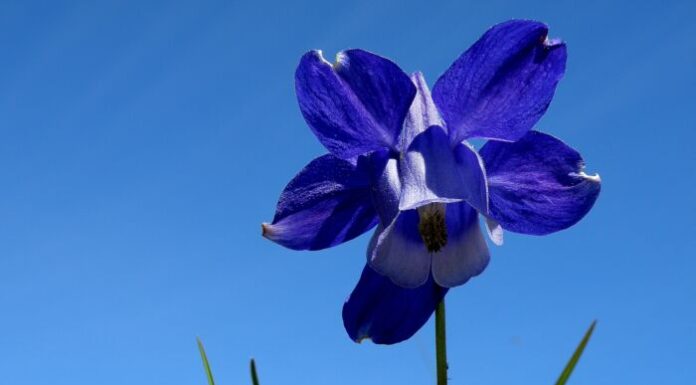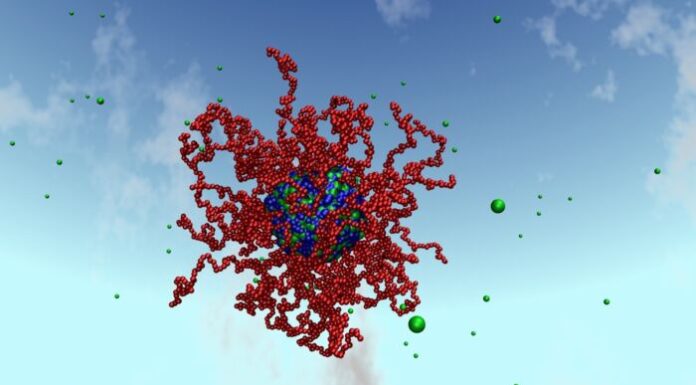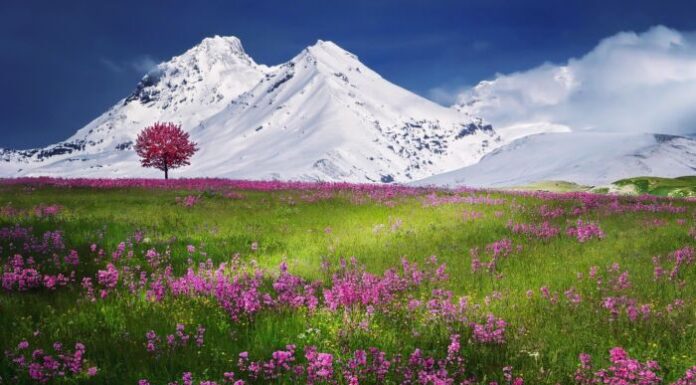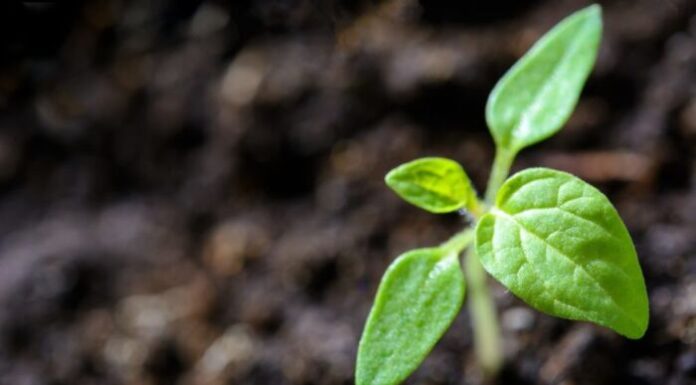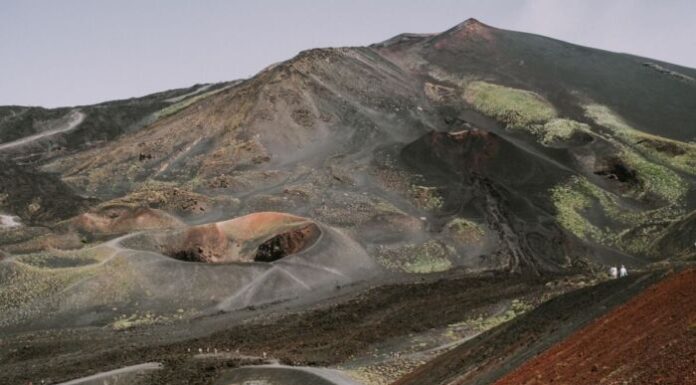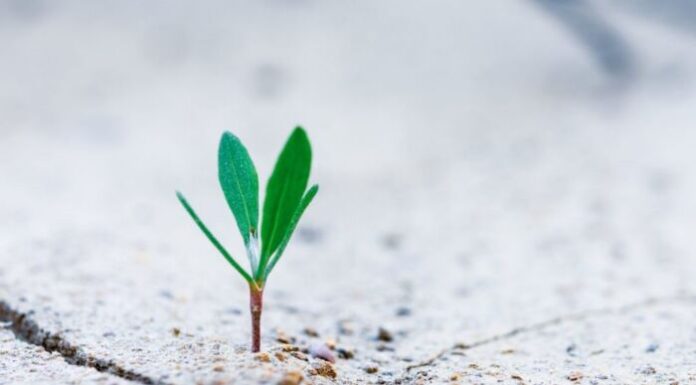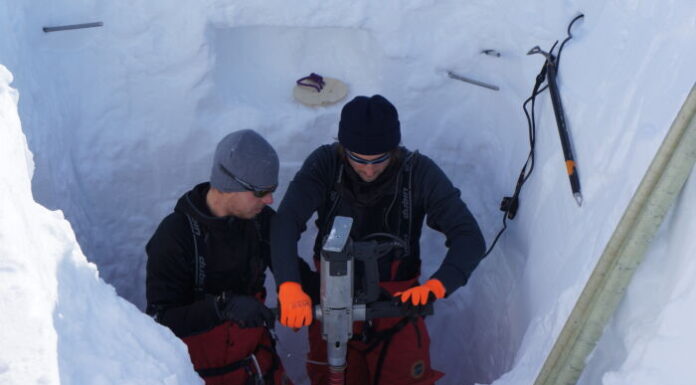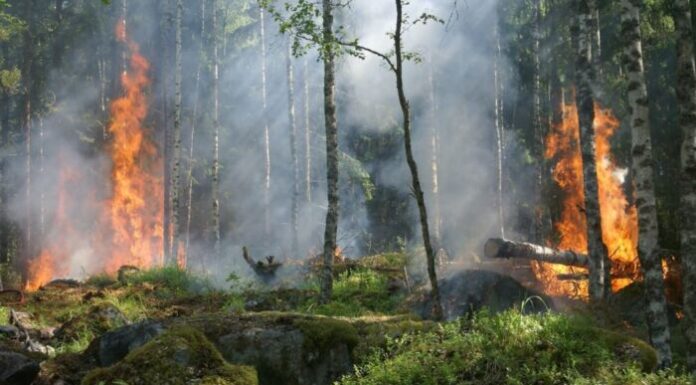A study, published in the international journal Nature Plants, by young researchers from the Water Research Institute of the National Research Council in Verbania...
Innovative magnetic nanoparticles of iron oxide, coated with a biocompatible polymeric coating, capable of removing heavy metal ions from water: the development of materials...
Thanks to new data made available by the latest satellite campaigns, it is now possible to observe the changes in snow and vegetation cover...
Repaire the Earth with the help of 'beneficial' microbes, able to improve yield and quality of crops, but also to counteract the impoverishment of...
Citizen science projects can be an effective response to current trends: in fact, on the one hand, the world of scientific research has opened...
The profile of a Forestry graduate originated approximately three centuries ago when, in 1713, Hanns Carl von Carlowitz, a forestry accountant, published "Silvicoltura Economica...
From waste to resource, from problem to opportunity. The volcanic ashes of Etna, which have fallen abundantly especially on the foothills in recent weeks...
Global warming will change the lengths of the four seasons, a new study suggests, potentially making six-month-long summers the norm by the year 2100.
In...
Understanding the reasons for the sharp increase in temperatures in the Arctic compared to the rest of the planet, the so-called "Arctic amplification", investigating...
A few days ago, five hundred scientists, including many Italians, sent a letter to five world-famous political leaders (the president of the European Commission,...

























